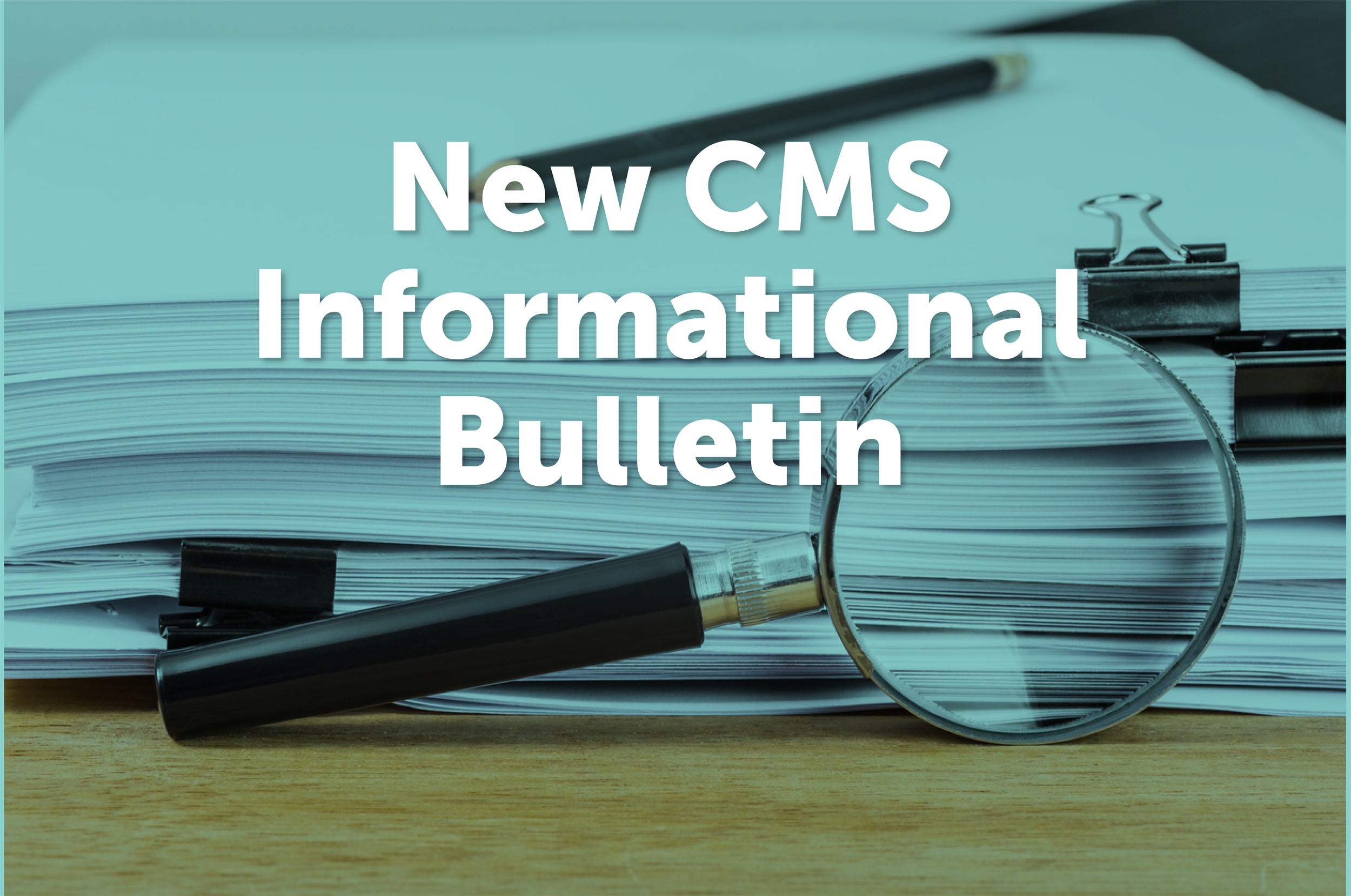CMS Details New Medicaid Work and Community Engagement Requirements
On November 19th, the Centers for Medicare & Medicaid Services (CMS) released limited new details on how states must implement Medicaid’s forthcoming community engagement and redetermination requirements under the Working Families Tax Cut (WFTC) Act (Public Law 119-21), what CMS is using to refer to H.R. 1, the “One Big Beautiful Bill Act.”
Signed on July 4, 2025, the law links Medicaid eligibility for some adults to work or community participation and sets the stage for major changes in state eligibility operations beginning January 1, 2027.
Connecting Coverage to Work and Community
CMS’s November 2025 Informational Bulletin and companion slide deck lay out a roadmap for states, but many policy decisions are still forthcoming. Key details include:
CMS Timeline: CMS will issue an interim final rule by June 1, 2026 and require all states to begin implementation by January 1, 2027.
State Flexibility: States may opt to start earlier with CMS coordination.
Simplified Verification: States should use existing data sources, such as wage databases, to verify compliance rather than relying solely on paperwork from enrollees.
Fair Process: States must give applicants and members 30 days’ notice to demonstrate compliance or exemption before ending coverage for noncompliance.
Outreach and Education: States must begin beneficiary outreach several months before launch (by December 31, 2026) and continue periodic communications after implementation.
Funding Support: CMS will provide $200 million in Government Efficiency Grants in FY 2026 to help states build or enhance systems that track participation and integrate engagement checks into eligibility systems. Half is spread evenly across states and the other half will be based on the estimated ratio of members subject to community engagement requirements in the state.
Good-Faith Exemptions: Temporary compliance waivers may be granted for states making good-faith efforts to comply but must expire no later than December 31, 2028.
CMS’s guidance also clarifies that community engagement enforcement cannot be delegated to managed care entities, ensuring state accountability for verification and fairness.
Redeterminations: A New Six-Month Cycle
Starting in 2027, states must also conduct eligibility redeterminations every six months for the Medicaid adult group, replacing the current annual renewal, though certain populations remain exempt.
CMS is required to issue guidance related to section 71107 by December 31, 2025.
Other Notable Medicaid and CHIP Changes
The WFTC Act also includes additional, major structural and financing reforms:
Final Rules Moratorium: Pauses two major CMS rules on eligibility and enrollment until 2034, one focused on eligibility and enrollment in the Medicare Savings Programs and the second focused on to eligibility and enrollment for Medicaid, CHIP, and the Basic Health Program.
Duplicate Enrollment and Death Checks: Requires cross-state enrollment matching and quarterly checks against the Social Security Administration’s Death Master File starting on January 1, 2027.
Provider and Financing Reforms: Caps state-directed payments at Medicare levels and phases down provider tax thresholds starting in July 2025.
Cost Sharing for Adults over 100% FPL: Adds copayments (up to $35 per service) by 2028, exempting primary care, behavioral health, federally qualified heath center, rural health clinic, and certified community behavioral health clinic services.
New Investment in Access: Creates a $10 billion per year Rural Health Transformation Program (FY 2026–2030) and a new waiver pathway for home and community-based services starting in 2028.
What’s Next
CMS’s latest guidance includes some new clarity, but many questions remain that will hopefully be answered in future guidance.
For states and managed care organizations seeking support implementing the Working Families Tax Cut (WFTC) Act implementation, including stakeholder engagement and policy development, please reach out to Lauren Block.


![Lauren Block [Vice President]](https://images.squarespace-cdn.com/content/v1/66902b12f1fed363b0b53399/1749580205357-Q01LMCFBVYS7YVDD7KIO/Lauren+Block.jpg)
![Sara Bovat [Deputy Director]](https://images.squarespace-cdn.com/content/v1/66902b12f1fed363b0b53399/1758552376052-NZ7KI9O1EWSNXDPUZNKP/Sara+Bovat.png)
![Catherine Gekas-Steeby [Deputy Director]](https://images.squarespace-cdn.com/content/v1/66902b12f1fed363b0b53399/1752703964748-B8WBKZ44XCQB7LWIPQ06/Catherine+Geekas+Steeby.jpg)
![Kristin Mendoza-Nguyen [Director]](https://images.squarespace-cdn.com/content/v1/66902b12f1fed363b0b53399/1749580174928-LW6S556JMK0HJYFO00GA/Kristin+Mendoza.jpg)